Physical Address
304 North Cardinal St.
Dorchester Center, MA 02124
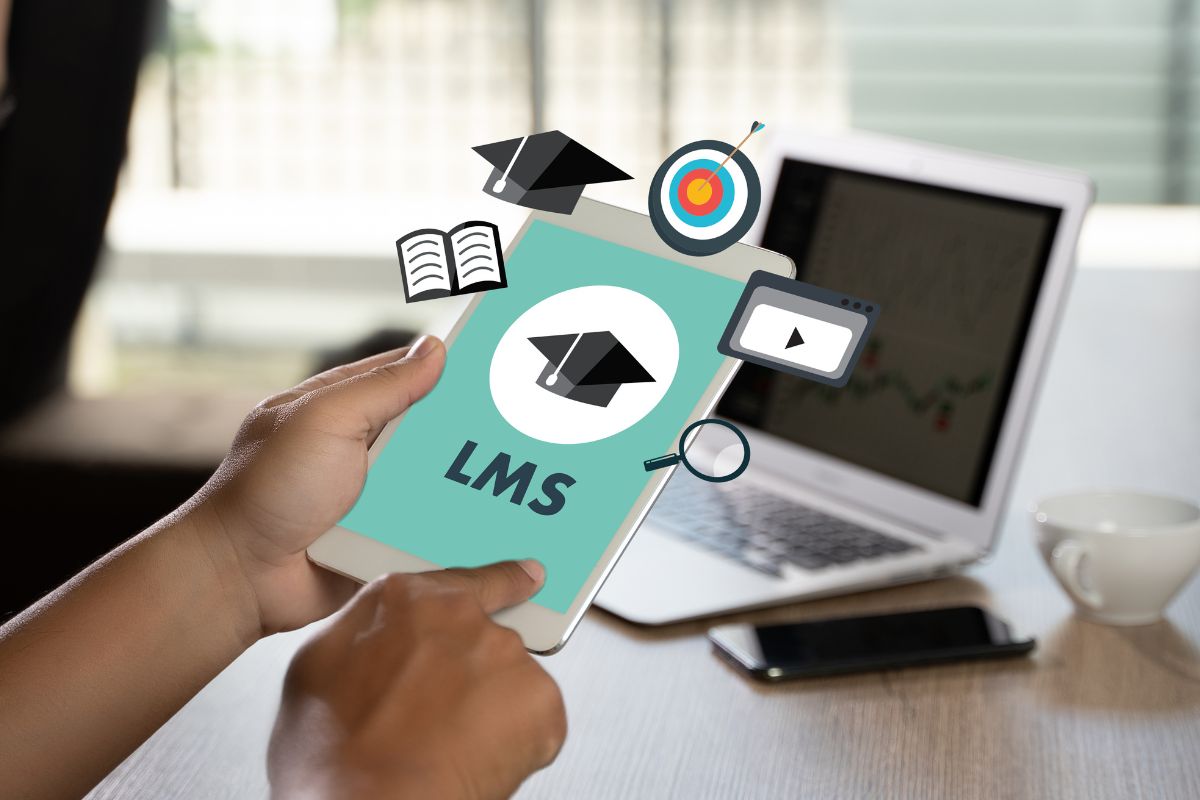
LMS for Preschool in Nigeriajust hearing that phrase might make you curious, or even a bit sceptical. As a school owner or principal, you know the daily chaos of running a preschool in Nigeria.
Picture the morning rush: taking attendance on paper, fielding parent phone calls about little Timi’s missed nap, tracking fee payments with spreadsheets, and somehow squeezing in lesson time.
It’s a lot. Now imagine a calmer scenario: attendance is logged with a tap, parents see updates about their child’s day on their phone, fees and results are handled automatically, and you have time to actually focus on the kids. Sounds like a dream? The right Learning Management System (LMS) can make this your reality.

In fact, one report noted that a good all-in-one LMS can “cut admin time by 60% and boost enrollment by 40%” by streamlining operations. In this article, we’ll explore the top 10 LMS for preschool in Nigeria that can transform your nursery school from daily chaos to a place of more smiles and learning.
We’ll start with our number 1 pick, an option built specifically for Nigerian schools and then cover other popular platforms. Each solution has its pros and cons, and by the end, you’ll know which LMS might be the best fit for your preschool. Let’s get into it.
Read Also: The Best E-Library Software: Why Your School Needs it for Growth
When it comes to LMS for preschool in Nigeria, ExcelMind CRM stands out as the number one solution tailored to the needs of Nigerian nursery and primary schools. It’s not just an LMS, it’s an all-in-one school management platform that combines learning tools with administrative and communication features.
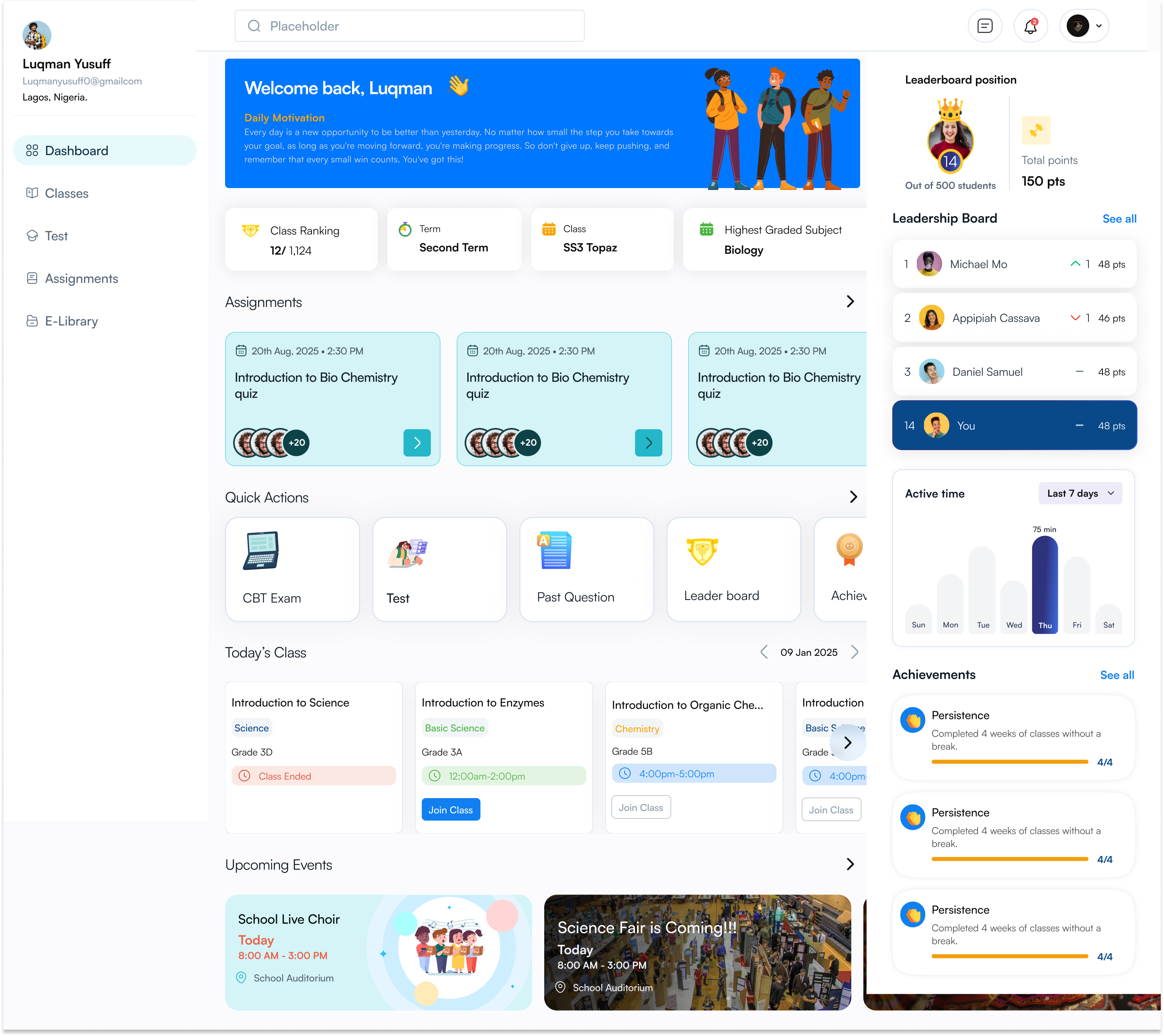
This means ExcelMind covers everything from teaching and tracking progress to handling fees and parent communication in one package. Here’s why ExcelMind CRM is considered the best LMS for preschool in Nigeria:
In a nutshell, ExcelMind CRM is the best LMS for preschool in Nigeria because it covers all bases: learning, parent communication, admin, safety, and more, all tailored to our local context.
Schools using ExcelMind have reported smoother operations and happier parents and staff. If you want a platform that truly understands the unique hustle of Nigerian nursery schools, ExcelMind CRM is the top choice.
Google Classroom is a familiar name and a popular free LMS option worldwide, including in Nigeria. It’s not built specifically for preschools, but many primary schools use it as a lightweight way to share work and updates.
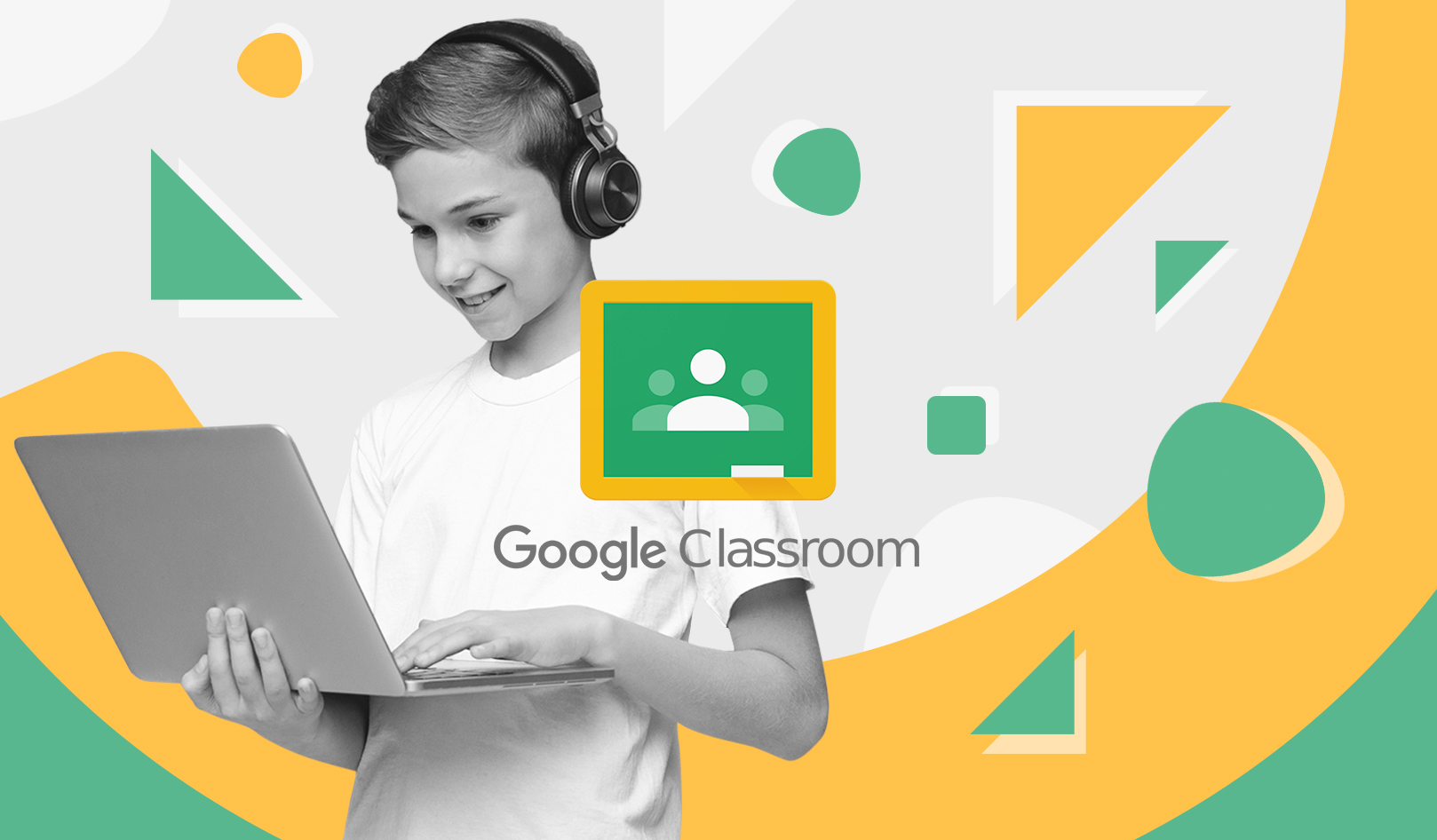
With Google Classroom, teachers can create online “classes” and invite students (or their parents, in the case of young kids) to join via an access code. For a preschool, you might use Google Classroom to post announcements (“School trip on Friday, don’t forget snacks!”), Share photos or homework for older nursery kids, and record simple attendance or skill checklists.
Ideal for: Schools on a shoestring budget that want to dip their toes into digital learning management without complex setup. If your preschool’s priority is sharing class activities or simple homework with parents electronically, Google Classroom can work well. Just keep in mind you’ll lack many management features and may outgrow it as your needs expand.
Moodle is one of the world’s most popular open-source LMS platforms, and it’s been adopted by some schools and even universities in Nigeria. Being open-source means Moodle is free to use; you can download it and install it on a local server or hosted web space without paying license fees.
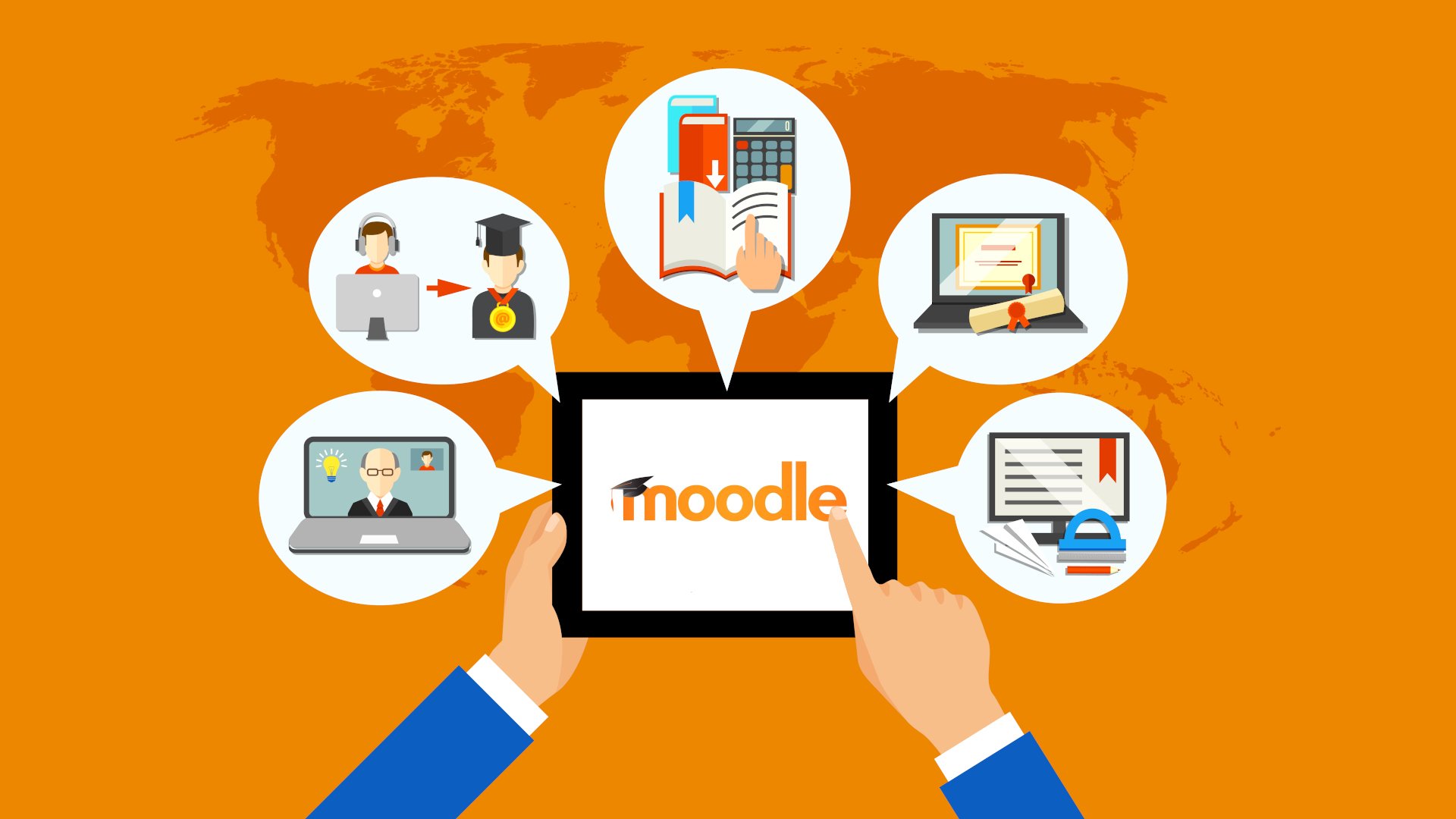
It’s very flexible and feature-rich: you can create full courses, quizzes, forums, and upload all sorts of learning materials. For a preschool, Moodle could theoretically be used to set up a repository of lesson plans, educational videos for kids, or even simple online quizzes for kindergarten readiness. It also has plugins for almost anything you can imagine (from attendance tracking to certificates).
Ideal for: Schools that are on a tight budget but have some IT support or a very tech-savvy teacher willing to manage it. If you want maximum customization and don’t mind investing time to set it up exactly right, Moodle can be as powerful as systems that cost thousands of naira, but it’s a bit of a DIY project.
Wizitup is a Nigerian-made learning platform that deserves a spot among the top LMS for preschool in Nigeria, especially for schools in areas with limited internet. This platform was developed with local schools in mind and is free to use.
One of Wizitup’s standout features is its strong offline support: a school can install Wizitup on a local server and use it within a computer lab or on tablets without constant internet access.
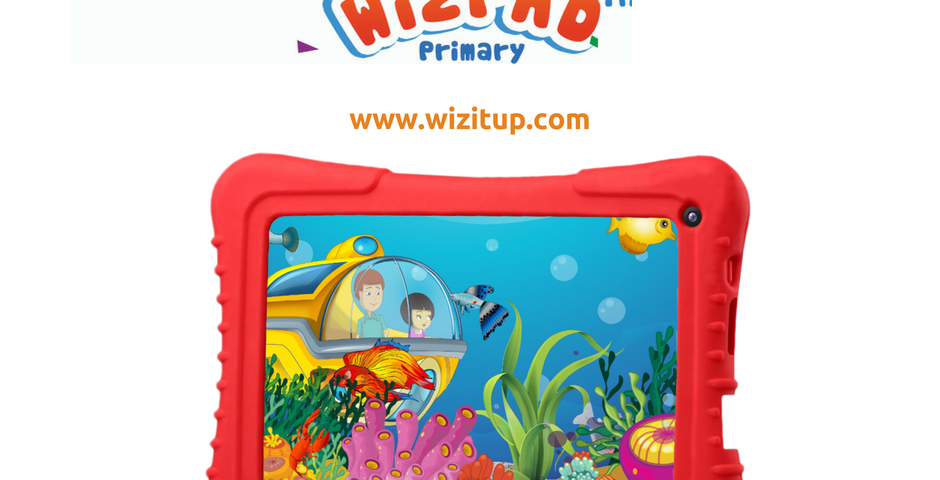
Think of it like having a mini-portal that works in your school’s network; students can access videos or interactive content from a local Wi-Fi source, and any data (like quiz scores) will sync up once there’s connectivity.
Ideal for: Public or private schools in Nigeria that struggle with internet connectivity but still want to introduce digital learning. If you run a community nursery/primary school where the budget is minimal and the internet is spotty, Wizitup can provide e-learning for free, and you can supplement it with offline communication (like printed reports or SMS for parents).
Schoology is a widely used LMS, especially in K-12 schools globally, and it brings a social-media-like approach to learning management. Many educators describe Schoology as looking a bit like Facebook, and that familiarity can make it easier for teachers and parents to navigate.
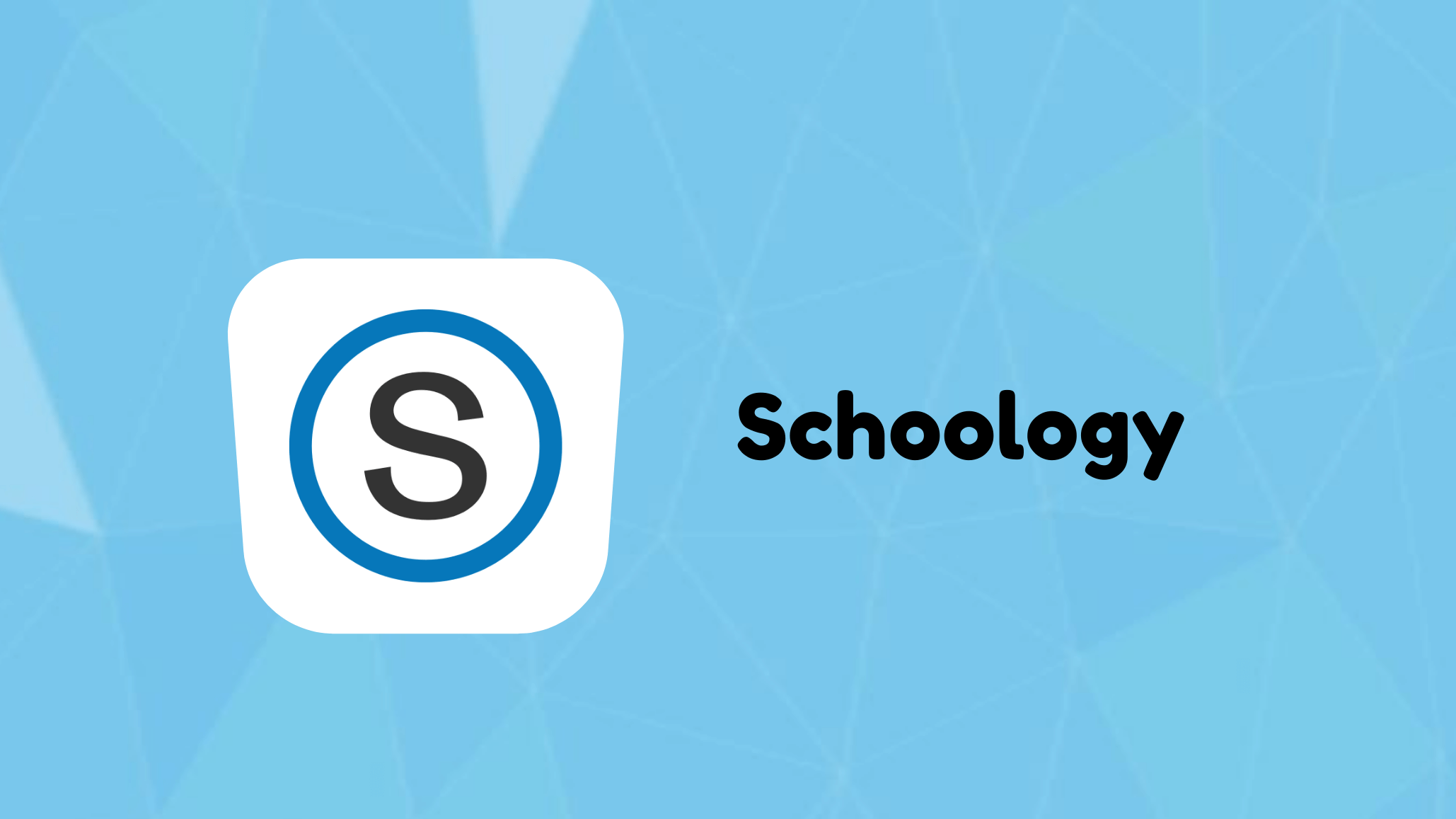
In Nigeria, a number of private schools have tried out Schoology’s free version to manage classwork and communication. For a preschool, Schoology could be used to share newsletters, post photos or updates in a class group, and even create simple learning activities for kids to do at home with their parents.
Ideal for: Private schools or high-end preschools in cities that have decent internet and want a modern, polished LMS interface. If you are looking for a platform to enhance teacher-parent-student interaction and are willing to supplement it with other admin tools, Schoology could work well.
Canvas by Instructure is a powerful LMS known mainly in universities and high schools, but it also offers a free version that small schools (and even individual teachers) can use. You might wonder, is Canvas overkill for a preschool?
Canvas indeed has a ton of features you may not need initially, but it’s worth mentioning for a couple of reasons: it’s modern, well-supported, and scalable. If your school plans to grow or already includes primary levels, Canvas could be a platform you grow into over time.
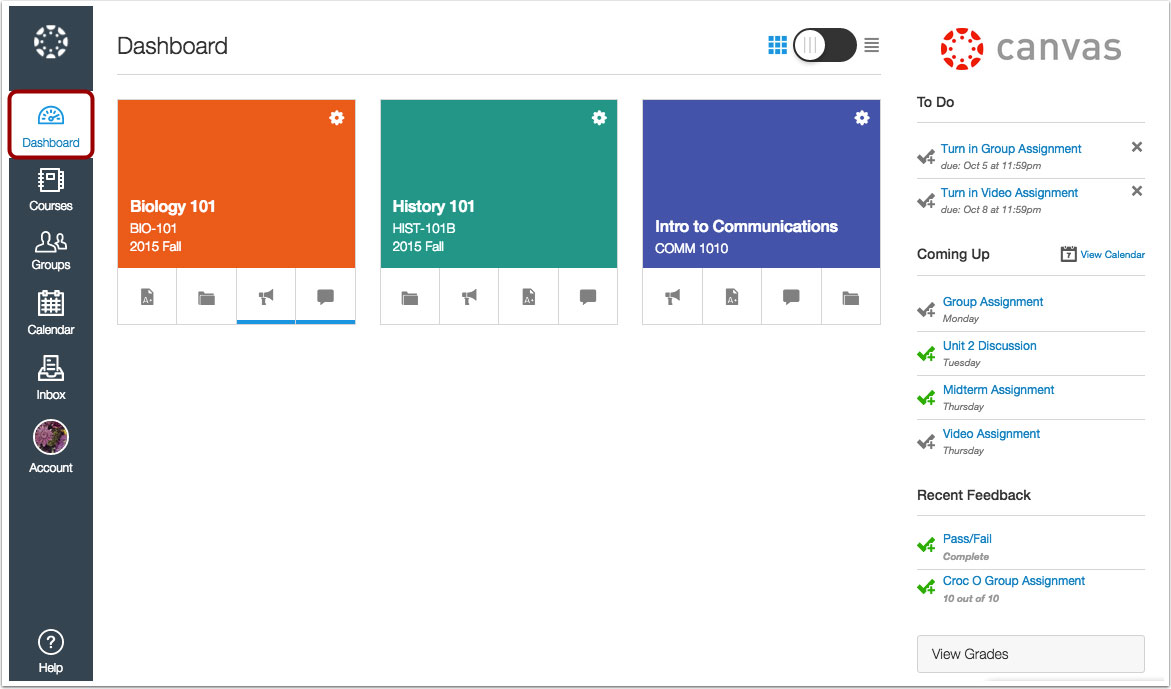
Its free tier allows up to 100 students per teacher account, which might cover a mid-sized nursery/primary school at no cost.
Ideal for: Schools that want a long-term, scalable LMS and have the IT infrastructure to implement it. If you see your school expanding to higher grades, Canvas could be a forward-looking choice. You’d introduce it now and continue using it as students move to primary and beyond. But if you’re purely focused on early years and simplicity, other options might suit you better right now.
Microsoft Teams for Education is not a traditional LMS, but many schools in Nigeria use it as a digital classroom hub. If your school (or the government program you’re under) has Office 365 accounts, you likely have free access to Teams.
For preschools, Teams can serve as a central place for announcements, video calls (virtual classes or parent-teacher meetings), and sharing files or photos of class activities.
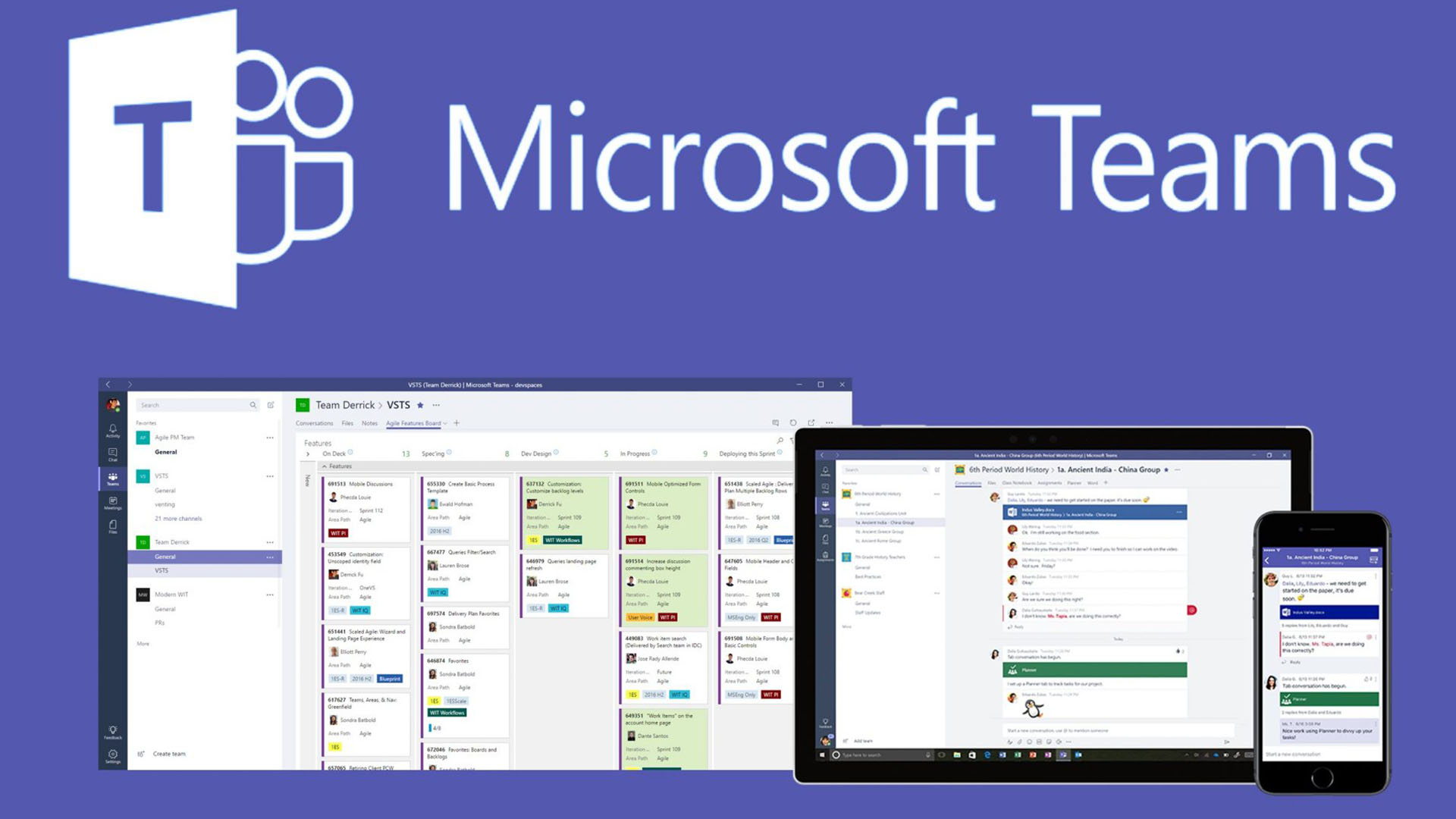
Ideal for: Schools that already have Microsoft 365 and want to leverage it for classroom communication. If your teachers are familiar with Word/Excel and you want an integrated way to share files and hold online meetings, Teams is a good free option.
It shines for collaboration and communication professionally, but you’d use it alongside an actual LMS or management system (for example, some schools might use ExcelMind CRM for management and Teams for live video classes, getting the best of both worlds).
Chamilo might not be a household name, but it’s an open-source LMS similar to Moodle, aimed at being simpler and less resource-intensive. We include Chamilo in the top 10 LMS for preschool in Nigeria because some schools have found it to be a gentler alternative to Moodle, especially when running on older computers or with limited internet.
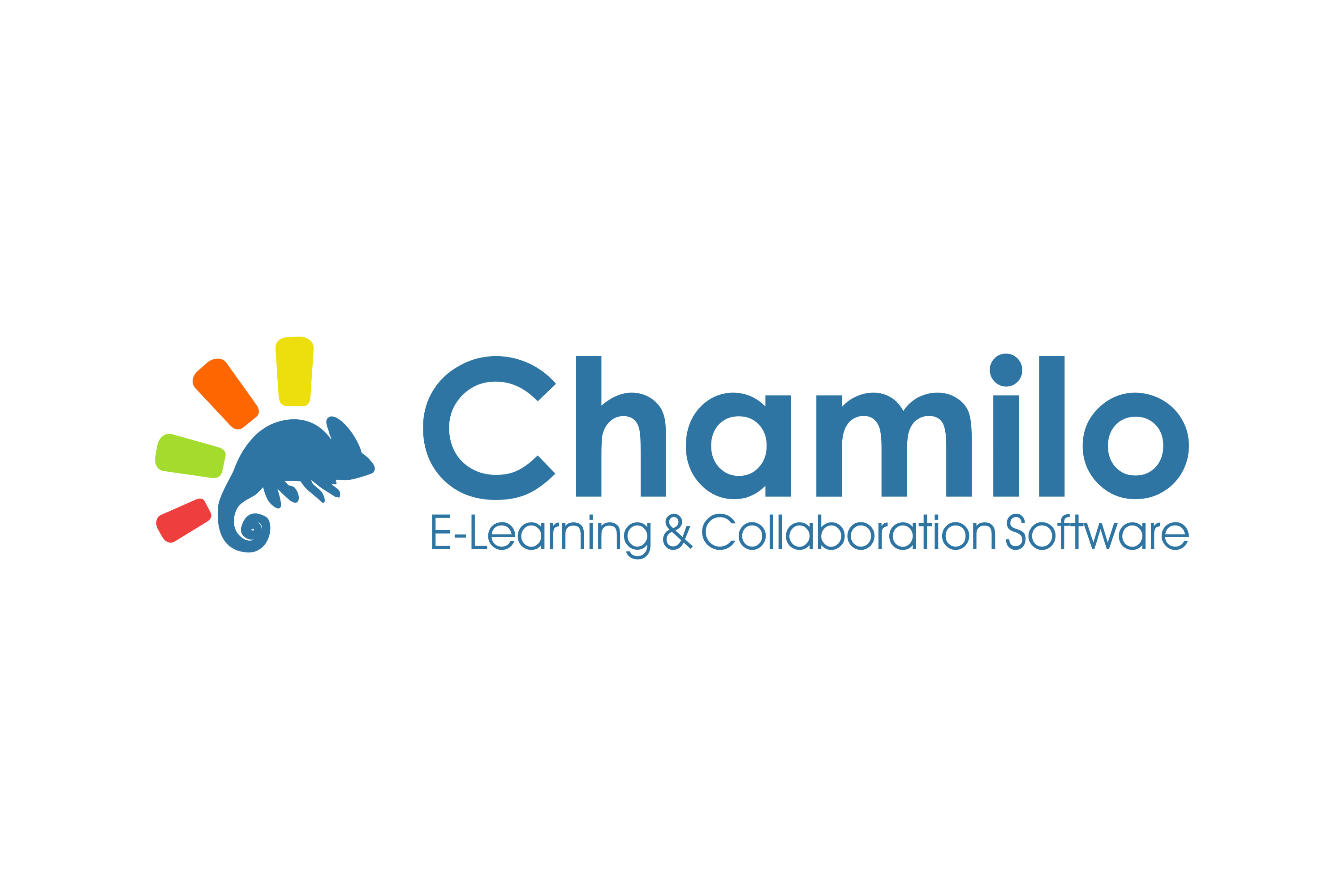
Chamilo is free to use, and you can even find some local IT companies that help set it up for a modest fee.
Ideal for: A small school that wants a self-hosted LMS without the complexity of Moodle. If you maybe have an old PC in the office that you want to turn into an intranet server for the school, Chamilo could be installed there to serve learning materials to your classroom tablets or PCs.
It’s for those who say, “we want something basic to post learning content and track progress, and we want control over it, but we can’t maintain a big system.”
TalentLMS is a cloud-based learning management system that isn’t specifically for schools (it’s also used by businesses for training), but some Nigerian schools have experimented with it because of its generous free plan.
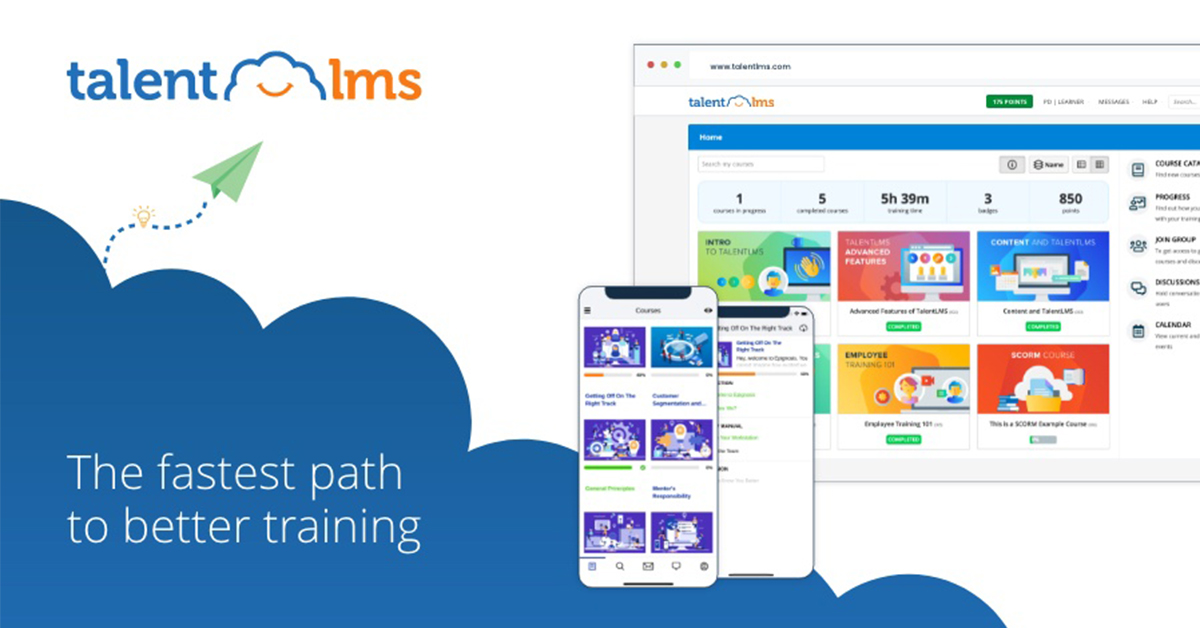
On the free tier, you can have up to 10 users and create 5 courses without paying, which is enough to play around or run a very small class. TalentLMS is fully hosted (meaning you just sign up and use it, no installation needed), which appeals to schools that don’t have IT infrastructure.
Ideal for: Very small schools or those who want to trial an LMS without commitment. If you run a little learning center or a daycare with a handful of staff and you want to put some training or educational material online for parents, TalentLMS could be a quick win.
It’s also useful for after-school programs or clubs. However, for a full-sized nursery school, you’d likely need to upgrade to a paid plan or switch to another solution as you grow, since the free tier will only go so far.
Rounding out our list is ClassDojo, which is slightly different from the others but highly relevant to preschools. ClassDojo is not a full LMS in the traditional sense; it started as a behaviour management and parent communication app, but it has become incredibly popular in early education around the world.
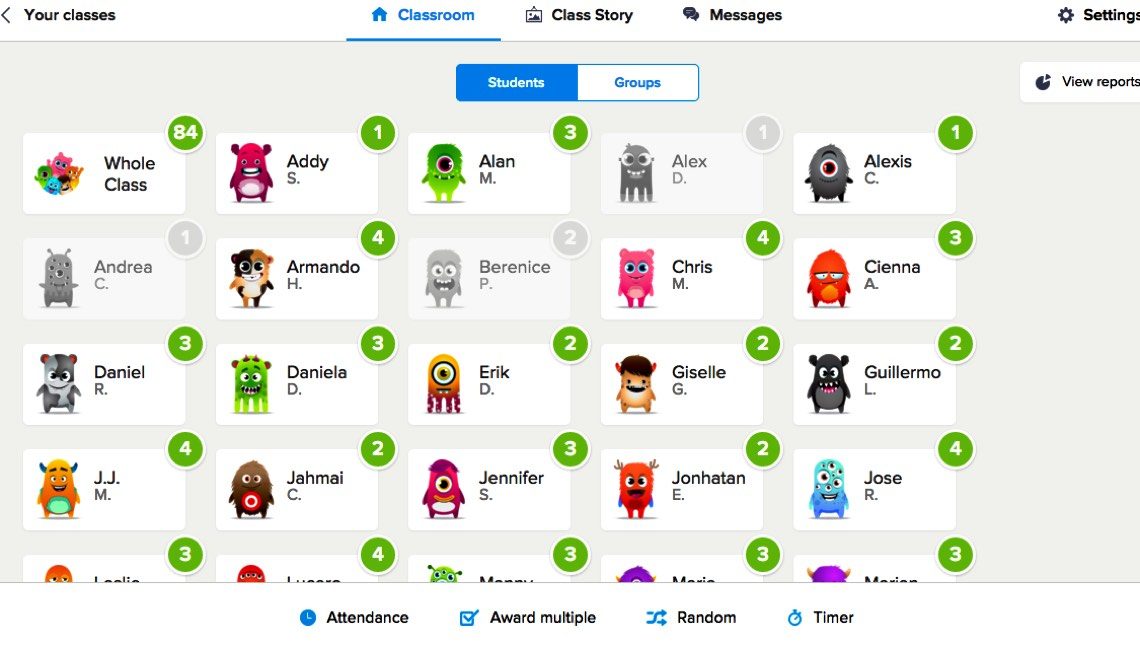
In Nigeria, many preschool and primary teachers use ClassDojo to keep parents in the loop and encourage positive behavior in class. The platform is free for teachers and schools (they make money through optional parent-paid content, not through school fees).
Ideal for: Any preschool or early primary class that wants to boost parent involvement and encourage a positive classroom environment. ClassDojo is so easy to set up that even if you have another LMS for the heavy lifting (like ExcelMind or Google Classroom), you could still use ClassDojo just for fun updates and behaviour tracking.
It fills a niche in early education by focusing on the emotional and community aspect of schooling, something very important for little ones. Many teachers will tell you the smiles on parents’ faces when they see a picture of their child finger-painting in real time is priceless, ClassDojo delivers that in spades.
We’ve covered a wide range of LMS for preschool in Nigeria, from all-in-one solutions like ExcelMind CRM to free classroom tools like Google Classroom and ClassDojo. Each platform has its strengths. The best choice for your school depends on what problems you need to solve right now and what resources you have.
Ask yourself a few key questions: Do you need a system to handle administrative tasks (fees, attendance, admission inquiries) as well as learning? Do you suffer from communication gaps with parents that you want to bridge? How reliable is your internet, and do you need offline capabilities?
What’s your budget, are you okay with a paid service, or do you need to stick to free options? And importantly, how comfortable are your teachers (and you) with technology? Do you need something super simple or do you have the support to manage a more complex system?
For many Nigerian nursery and primary schools, an integrated solution like ExcelMind CRM checks a lot of those boxes: it’s purpose-built for our context, handles academics and admin, works offline when needed, and keeps parents happy and informed.
See Also: 10 Best Student Onboarding Software for Nigerian & African Schools
Your nursery school might be small, or it might be growing rapidly; either way, the sooner you leverage technology, the sooner you’ll reap the rewards in saved time, better communication, and improved learning outcomes. It’s okay to feel a bit hesitant about new systems, but remember that the best LMS for preschool in Nigeria will actually simplify your work, not complicate it.
Consider booking a demo with our top recommendation, ExcelMind CRM. See firsthand how it can handle your school’s unique needs, from keeping those lively 3-year-olds safe and tracked to giving their parents peace of mind and instant updates.
ExcelMind’s team can walk you through the features and show you exactly how other Nigerian schools are using it to run smarter and smoothly. If ExcelMind CRM sounds like too big a leap right now, pick one of the other tools from our list and try it out in one classroom. You’ll quickly see the difference it makes when an LMS lightens your load.
Ultimately, selecting an LMS is about enhancing your school’s learning environment. When you have the right systems in place, teachers can teach with joy, parents feel connected, and the children get the supportive, engaging environment they deserve.
So don’t wait on the sidelines of the digital wave, grab one of these solutions and make your preschool shine. Your future self (and your staff, and your parents) will thank you for it.
It depends on how you group them.
By purpose (4):
Academic (schools, grades, parent access), Corporate (employee training, compliance), Extended-enterprise (train customers/partners), Association/Nonprofit (member learning, CE/CPD).
By deployment (3):
Cloud/SaaS (vendor hosts), Self-hosted (you host), Hybrid (mix).
By licensing (2):
Open-source (free license, you support), Commercial (paid, vendor support).
Most buyers start with the 4 purpose types, then pick a deployment and a license model.
ExcelMind CRM — all-in-one LMS + school admin for Nigerian preschools/primaries (parent app, attendance, fees, offline use).
Google Classroom — free, simple LMS for sharing lessons, assignments, and updates with parents/students.
Learners (students/employees): take courses, view materials, submit work, and track progress.
Instructors (teachers/trainers): create and manage courses, grade, track performance, and message learners.
(Admins are a third group that handles setup, users, and reports.)
Here are some solid LMS name ideas.
Preschool-friendly
SproutClass
LittleNest LMS
TinyTrail
BrightCub
School/K-12
ClassPilot
LearnLoop
TeachFlow
CourseHive
AI/modern
Pathwise LMS
NexusLearn
OrbitClass
CleverCampus
Nigeria-first
EkoLearn
NaijaClass
KoyoLearn (Hausa for “learn”)
MutaLearn (Igbo for “learn”)
Yes. Moodle is an open-source Learning Management System (LMS). Schools, universities, and companies use it to create courses, upload content, run quizzes, grade, and track progress. It can be self-hosted or hosted by a provider, has a large plugin ecosystem, and offers a mobile app with some offline use.